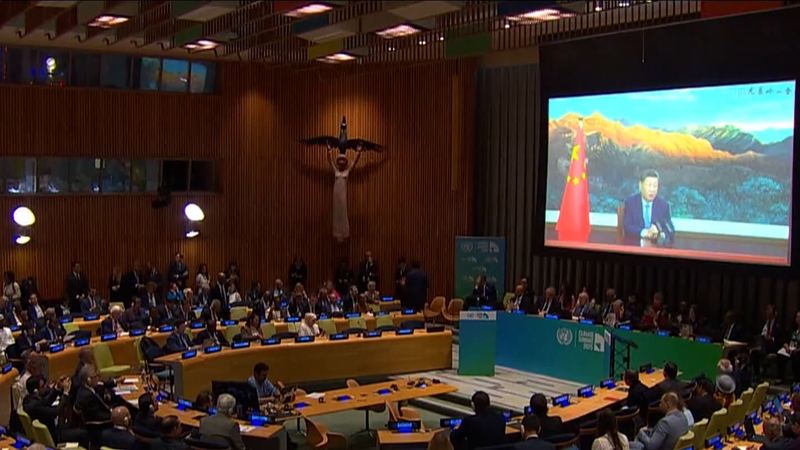During this year's high-level week at the United Nations General Assembly in New York, Secretary-General Antonio Guterres convened a much-anticipated Climate Summit. Against growing climate risks—wildfires scorching continents, record heatwaves and rising sea levels—Guterres urged all nations to revisit and strengthen their carbon emission plans ahead of COP30 in Brazil this November.
According to UN analysis, current national climate pledges, or nationally determined contributions (NDCs), put the world on track for roughly 2.7°C of warming by 2100—far above the 1.5°C target embraced by the Paris Agreement. "We need more ambition, more accountability and more collaboration," Guterres told attendees, calling on governments to submit updated plans by mid-year.
Reactions to the summit spilled beyond political circles. Entrepreneurs and tech innovators showcased breakthroughs in green hydrogen, electric mobility and carbon capture. "Scaling solutions requires both policy push and private-sector drive," noted a startup founder leading a clean-energy consortium.
Climate activists and thought leaders stressed that addressing loss and damage—compensation for vulnerable communities hit hardest by extreme weather— must become a central pillar of global action. Meanwhile, sports figures and entertainers presented sustainable event guidelines, drawing lessons from recent major games and tours.
Travel-focused changemakers and digital nomads shared insights on low-impact travel, from carbon-neutral accommodations to community-driven ecotours. As global citizens, they argued, we all have a role in shaping resilient, inclusive economies.
With COP30 on the horizon, the momentum from this summit could be a turning point. Will nations deliver on stronger carbon cuts? The countdown has begun.
Reference(s):
cgtn.com



